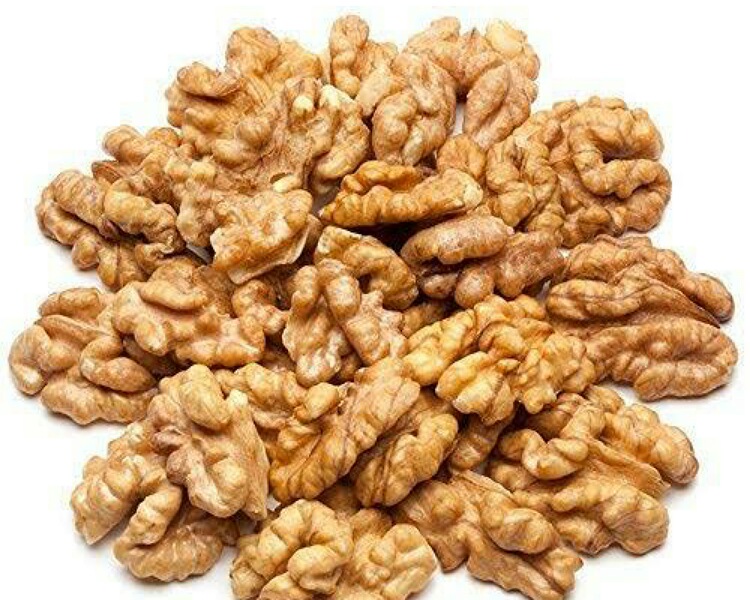Brain clarity and memory weaken with age. Genes are also involved in this along with some modifiable lifestyle factors such as diet.
Nuts have substances in them to sharpen the brain and maintain brain health with age. Consuming them is healthy. But are all the nuts the same in this function? Which is the best nut for the brain?
Brain health and age
Cognition and memory are vital for brain health. But as we age, some deterioration in it occurs and this is increased with certain bad incriminating genes.
This leads to dementia and Alzheimer’s disease. One cannot arrest this but the good news is that the foods we eat do play a role in slowing the progress of this regression in brain functions.

The foods we eat have an important part in affecting brain health. Several studies have proven this beyond any doubt. All types of nuts are good for making the brain sharp.
But the top in this list of nuts and seeds to sharpen the brain are walnuts. Their positive effect is impressive. They have Omega 3 fatty acids, folate, and antioxidants that assist in the maintenance of brain cognitive function and memory.
The MIND diet
The MIND diet is brain-healthy. It advises people to have in their diet ample amounts of foods that can boost brain functions, concentration, and memory. It is a combination of the Mediterranean diet and the DASH diet.
The brain-promoting foods the diet advocates are plant-based foods such as whole grains, green leafy vegetables, fruits, and nuts. There are 10 food categories in it but what tops the list are nuts.

This diet recommends people eat half a cup of nuts daily five times a week. There are a lot of varieties of nuts that boost brain power. These include peanuts, cashew nuts, almonds, pine nuts, hazelnuts, walnuts, etc.
Which of these is the best for the brain? Are all equal or does one score over the other? Incorporating any nuts into the daily diet is good. But the best of this lot of nuts are walnuts for the brain.
Health benefits of walnuts
Walnuts are a great food item when it comes to brain functions. It has multiple benefits. It helps to improve cognition and memory. And it can check or delay age-related cognitive decay.
It also reduces the risks of heart disease and types 2 diabetes mellitus which increases the risk of dementia. It delays the onset and progression of Alzheimer’s disease.
Cellular-level human and animal studies have shown that a handful of (1 to 2 ounces) per day of walnuts have the greatest benefit for the brain.

A recent 2022 in vitro study published in Nutrients shows that immersing human brain cells in 10 micrograms per milliliter of walnut oil procured from 5 grams of California walnut powder protected the brain cells from oxidative stress.
They improved brain cell function, and also minimized the formation of beta-amyloid which is a marker of Alzheimer’s Disease progression. The oil has many fatty acid compounds such as plant-based omega-3 alpha-linolenic acid.
Clinical studies have also asserted these benefits. Walnuts cut down the risk of Alzheimer’s disease and inflammation and oxidative stress. Cognition improvement is noticed in all ages.
Read more: Foods for a healthy sex life!
Walnuts have polyphenols, melatonin, vitamin E, folate, and the mineral selenium. You can eat your walnuts raw, add them to desserts, puddings, or breakfast cereals, add them to salads, or use crushed walnuts to coat fish and such foods instead of breadcrumbs.
